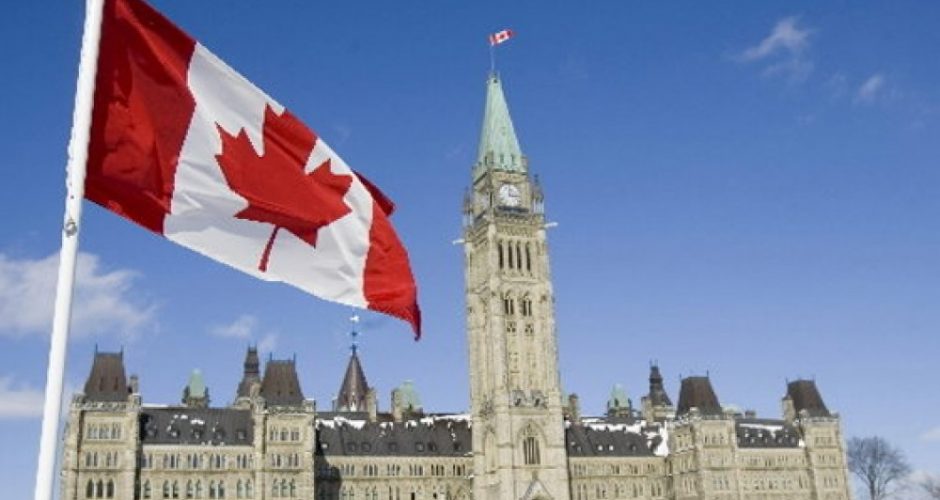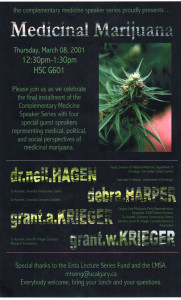DrugSense Weekly Newsletter
Feb. 8, 2008 #535
Feature Article
Source: http://www.drugsense.org/dscgi/dispn.pl/2008/ds08.n535.html#sec6
News Release http://communications.uvic.ca/releases/release.php?display=release&id=884
BEYOND 2008
On February 4-5, 2008 in Vancouver, BC, the second of two “Beyond 2008: North America Regional Consultations” took place in preparation for a 4th International NGO Forum on UN Drug Conventions. It was held at the Morris J. Wosk Centre for Dialogue, http://www.sfu.ca/dialog/, a venue extremely conducive to this type of event with it’s circular seating arrangement and clear audio system.
I represented the Canadian Cannabis Coalition – an umbrella group founded in 1999 that now has over a 130 national cannabis advocacy organizations and stakeholders along with some international affiliates, including 16 other attendees.
The Forum had an unwavering agenda to highlight achievements; review the practice and collaboration of NGOs, governments and UN agencies; and to adopt a series of high order principles to serve as a guide for future deliberations on drug policy matters. The slogan, “A Drug Free World – We can do it!” adopted as the 1998 UNGASS motto with a target date of 2008 was noticeably absent and replaced with ‘the achievement of “significant and measurable results.”
Participants represented NGO’s with a diverse range of interests in the health, treatment, prevention, criminal justice, human rights, alternative development, prohibitionist and consumer sectors, and spoke with passion and eloquence about their concerns.
What I found so unique about this particular dialogue was for the first time (at least for me), instead of the usual preaching to the choir, there were several front-line U.S. and Canadian civilian drug warriors sitting in the same room.
This gave the “legalizers” faces, voices and a strong message their foes had to listen to in a respectful manner. The “drug warriors” also had faces and voices – Kelly Corcoran of Drug Free America, an organization which would be laughed out of existence in Canada, along with former Senior Speech Writer and Spokesman for Office of National Drug Control Policy Kevin Sabet of SUNDIAL (Supporting United Nations Drug Initiatives and Legislation).
They heard Dale Gieringer of California NORML express dissatisfaction with having to travel to another country just to have his voice heard because the conference which took place in Florida was only open to those who advocate prohibition.
Someone else asked if forums held on racism were only attended by whites, or women’s issues attended only by men – and if not, where were the voices of those affected by this issue included? In Vancouver, the voices of drug users were heard along with those who champion for and against them.
A representative from one of the levels of the UN was observing and participating when asked, whereas I think he had the option of just reading the report. He heard our concerns, and also communicated a very clear message to us – the people who attend the UN meetings are government representatives from our countries, and those are the voices the UN hears. If we want those voices to sing a different tune, then our work is to change the representatives to ones who speak our language.
There was discussion about NGO’s gaining Special Consultative Status with the Economic and Social Council of the United Nations like Drug Free America Foundation has, but Jack Cole of Law Enforcement Against Prohibition (LEAP) mentioned his NGO made a request three years ago and are still waiting for a reply.
There was so much to absorb – and unless I missed something, it seemed to end abruptly without notifying us of a cut off for speakers (like they did during the breaks), so I never made a couple of quick points not mentioned yet, but will be included in a written report which participants can submit for a short period afterwards.
The next step will be to combine all the reports from these regional consultations for a final meeting in Vienna in July 2008: “Beyond 2008 – A Global Forum on the 1998-2008 Review of the United Nations General Assembly Special Session (UNGASS) on Illicit Drugs”. I understand they are hoping to have 300 delegates from North America in attendance, so fund-raising is a big concern.
There were so many good points made, and so many quality speakers, so be watching for other reports that have or will be posted. An official report will be released on the UN NGO website, http://www.vngoc.org/ along with the reports from the other regional consultations.
DrugSense hosts a section for material related to the United Nations Conventions so participants or other interested parties can contribute and share resources and material at:
http://drugsense.org/downloads/un/
On the evening of the first night, the mayor of Vancouver, Sam Sullivan, hosted a reception for all participants at the Ocean View Suites in the Pan Pacific Hotel at Canada Place which provided an excellent way to network along with delicious food and beverages.
Many thanks to local factivists [sic] Rielle Capler, David Malmo- Levine, Kirk Tousaw and Michelle Rainey who hosted events and assisted in many ways to make participants comfortable and the stay enjoyable. There were great and random acts of kindness going on everywhere.
It was exciting to meet so many kindred spirits from eastern Canada and the U.S. who live so far away and whom I can never cross the border to see! I look forward to meeting and hearing from you all again soon.
Debra Harper
CannabisLink.ca
Canadian Cannabis Coalition
DrugSense




